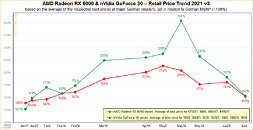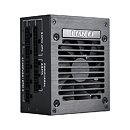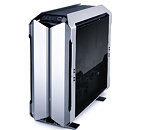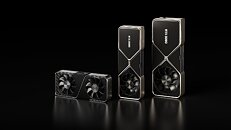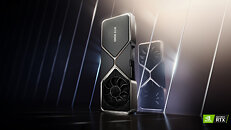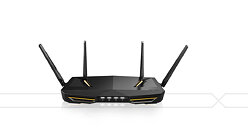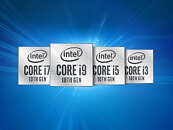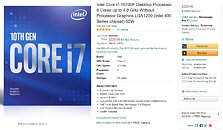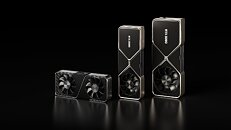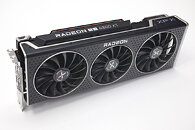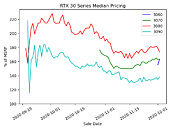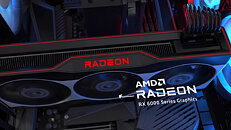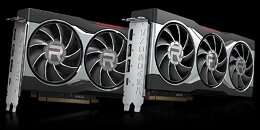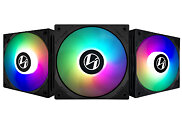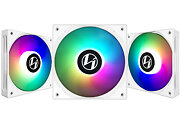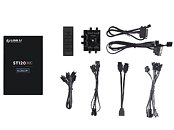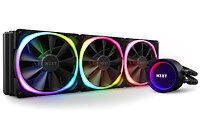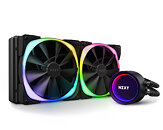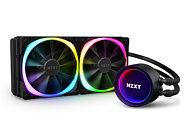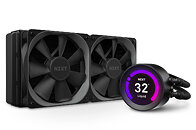HYTE Unveils the new SFF Revolt 3 PC Case as its Premier Product
[Editor's note: We have published the review of HYTE Revolt 3 Case here.]
HYTE, the new PC components and lifestyle brand of iBUYPOWER, a leading manufacturer of high-performance custom gaming PCs, today released its premier product, the Revolt 3 Mini-ITX PC case. Previously announced during CES 2021 as the Revolt 3 MK3, the Revolt 3 was designed with careful consideration for DIY PC enthusiasts, gamers, and creators alike.
"iBUYPOWER is excited to introduce its new sub-brand, HYTE, to our community with its very first product, the Revolt 3" said Darren Su, Executive Vice President of iBUYPOWER. "With over 20 years of experience as a systems integrator we felt like we had a unique perspective to bring to the table when developing PC Components. We approached the Revolt 3 with the goal of designing a case with the freedom and flexibility that would allow the use of a wide range of components without imposing performance restrictions based on the size of the case."
HYTE, the new PC components and lifestyle brand of iBUYPOWER, a leading manufacturer of high-performance custom gaming PCs, today released its premier product, the Revolt 3 Mini-ITX PC case. Previously announced during CES 2021 as the Revolt 3 MK3, the Revolt 3 was designed with careful consideration for DIY PC enthusiasts, gamers, and creators alike.
"iBUYPOWER is excited to introduce its new sub-brand, HYTE, to our community with its very first product, the Revolt 3" said Darren Su, Executive Vice President of iBUYPOWER. "With over 20 years of experience as a systems integrator we felt like we had a unique perspective to bring to the table when developing PC Components. We approached the Revolt 3 with the goal of designing a case with the freedom and flexibility that would allow the use of a wide range of components without imposing performance restrictions based on the size of the case."






